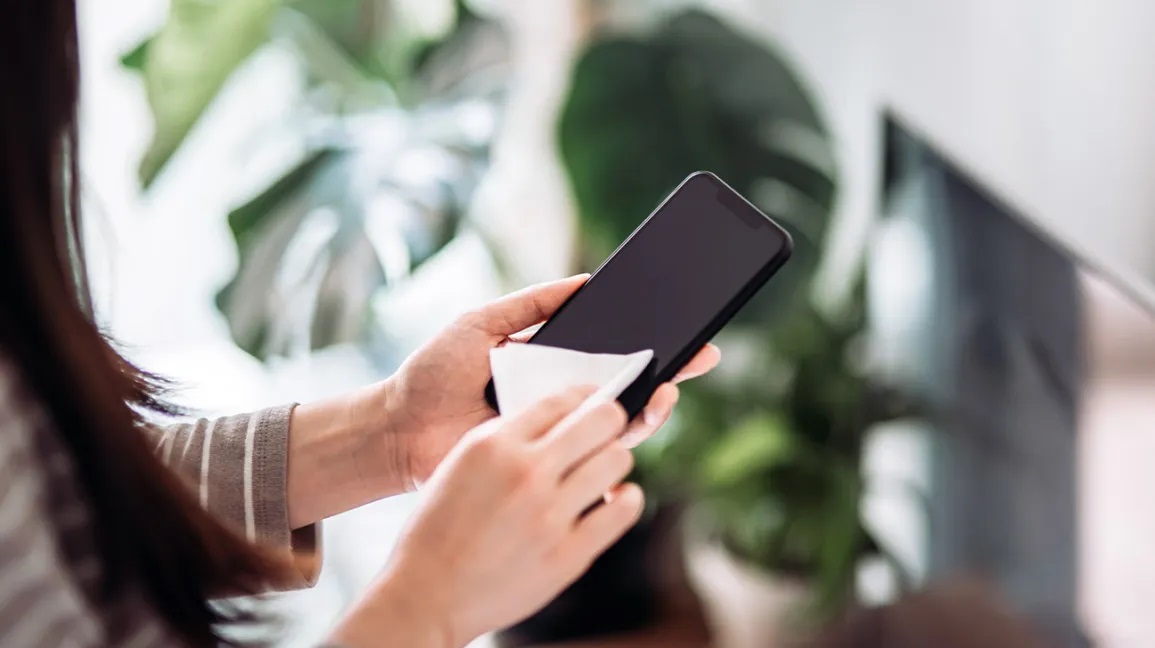
New study emphasises the need to clean phones regularly
A study by the Mohammed Bin Rashid University of Medicine and Public Health (MBRU), in collaboration with Dubai Police and Australia’s Bond University in Queensland, has shown the need to include disinfection of mobile phones and smartwatches in global infection control protocols to improve public health.
New research shows that hand hygiene practices are negated if wearable devices are left uninfected. Smart devices such as mobile phones and smartwatches are potential breeding grounds for pathogens, as warm temperatures and high-touch surfaces are ideal conditions for germs to multiply.
Researchers recommend wiping your smartphone regularly with an alcohol wipe to remove as many bacteria as possible.
In a recent scientific study, scientists from the MBRU and Dubai Police investigated the degree of microbial contamination of smart devices in the emergency department. Samples taken from mobile phones and smartwatches, as well as hand samples from healthcare workers, were examined using next-generation metagenomics sequencing technology, allowing researchers to determine which organisms were contaminating these devices.
Some of the micro-organisms found on healthcare workers’ wearable devices turned out to be multidrug-resistant pathogenic bacteria. Among the randomly selected mobile phones tested, one from the unit’s COVID-19 zone tested positive for SARS-CoV-2.
To reduce the risk of infection and spread of micro-organisms on smart devices, sanitization protocols, such as UV-C decontamination devices in public places and airports, should be explored.
Collaborative research projects aimed at improving human health are a hallmark of the Dubai Academic Health Corporation (DAHC). Established more than a year ago, DAHC strengthens the link between academia, clinicians and industry to translate research findings into improved patient care.
Source: WAM
Follow our Telegram Chanel








